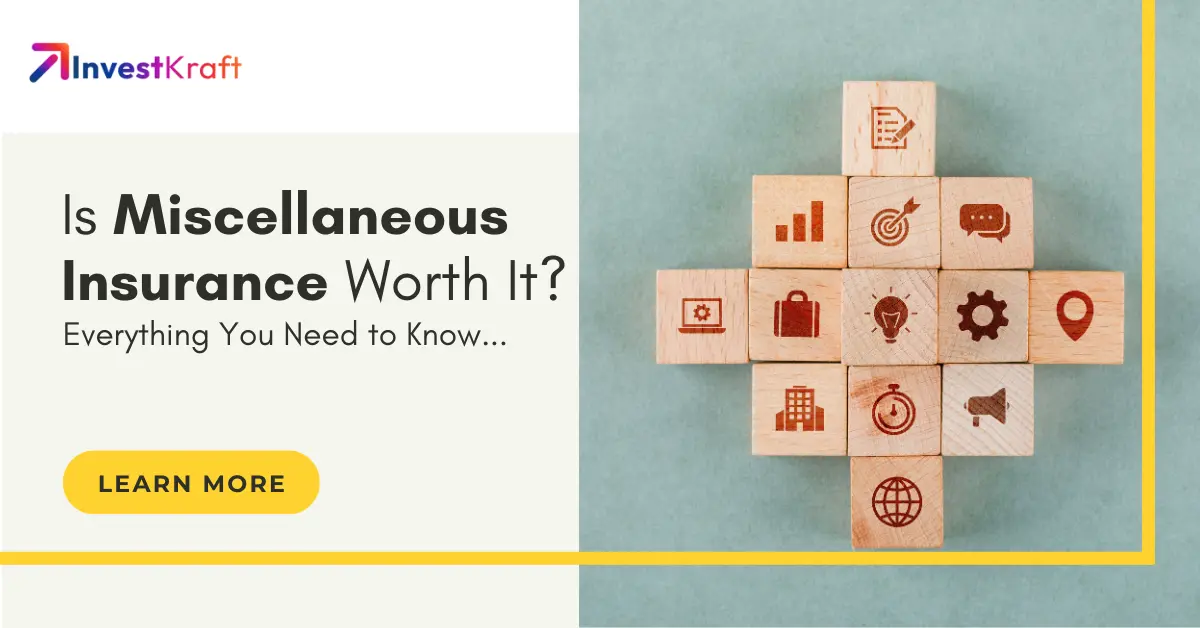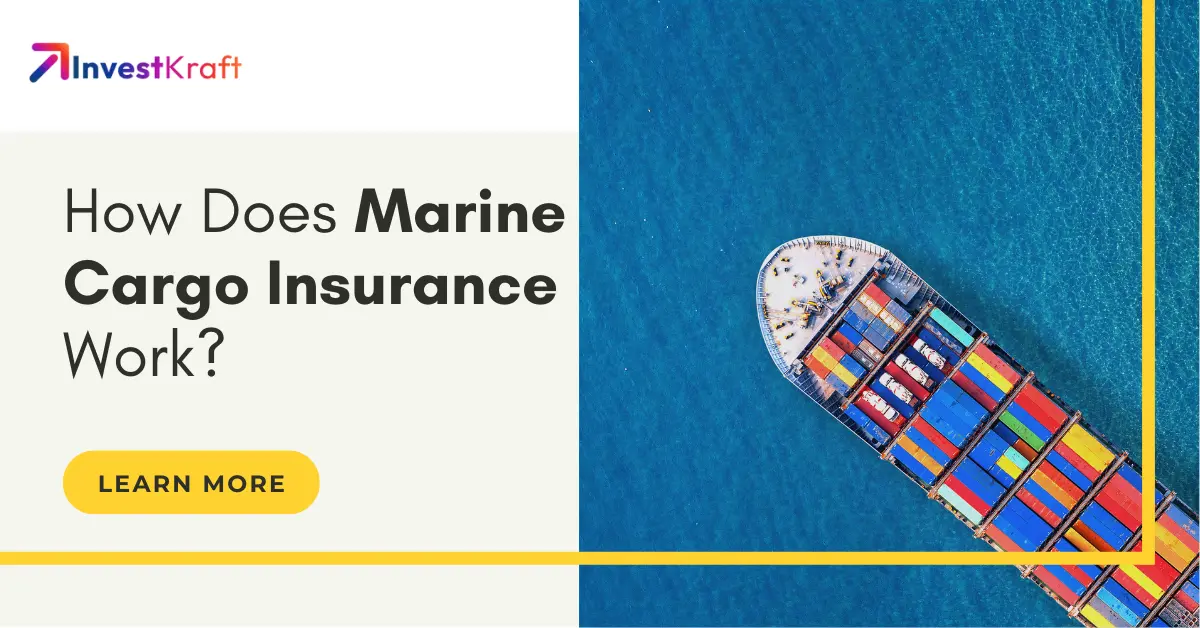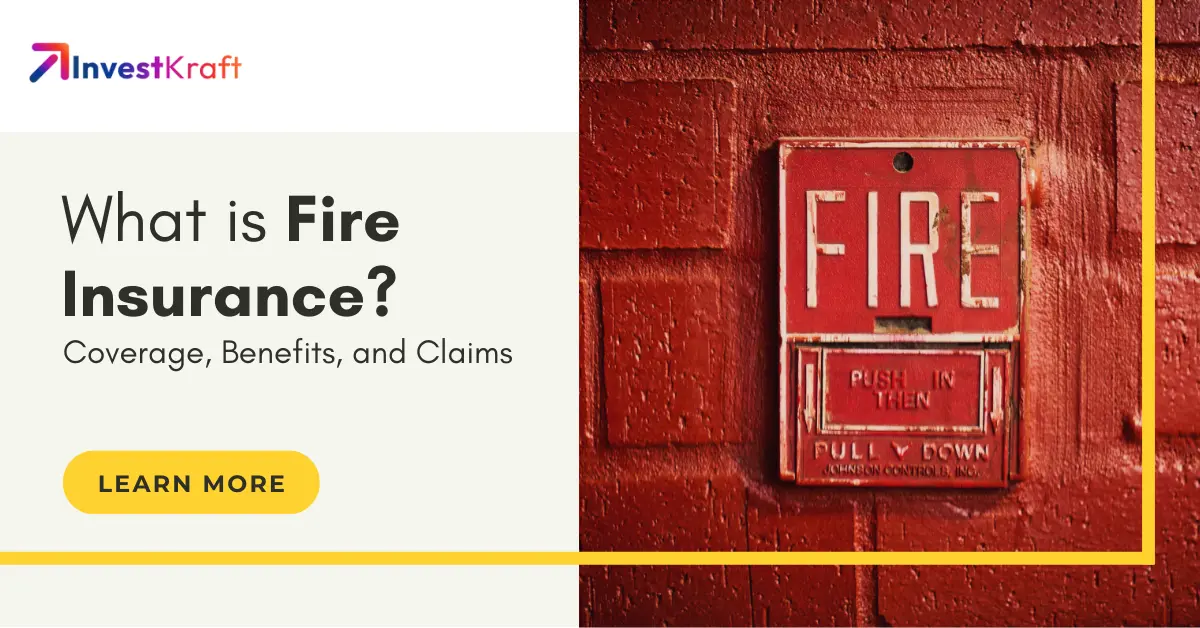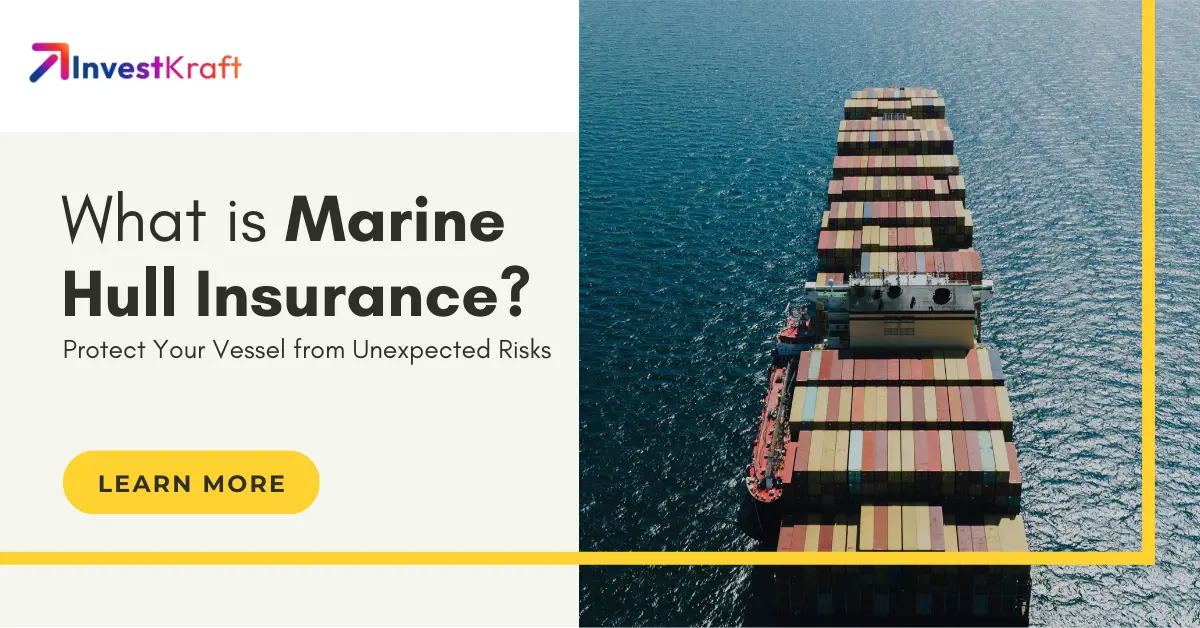Comprehensive Guide to Liability Insurance: Protect Your Business in 2025
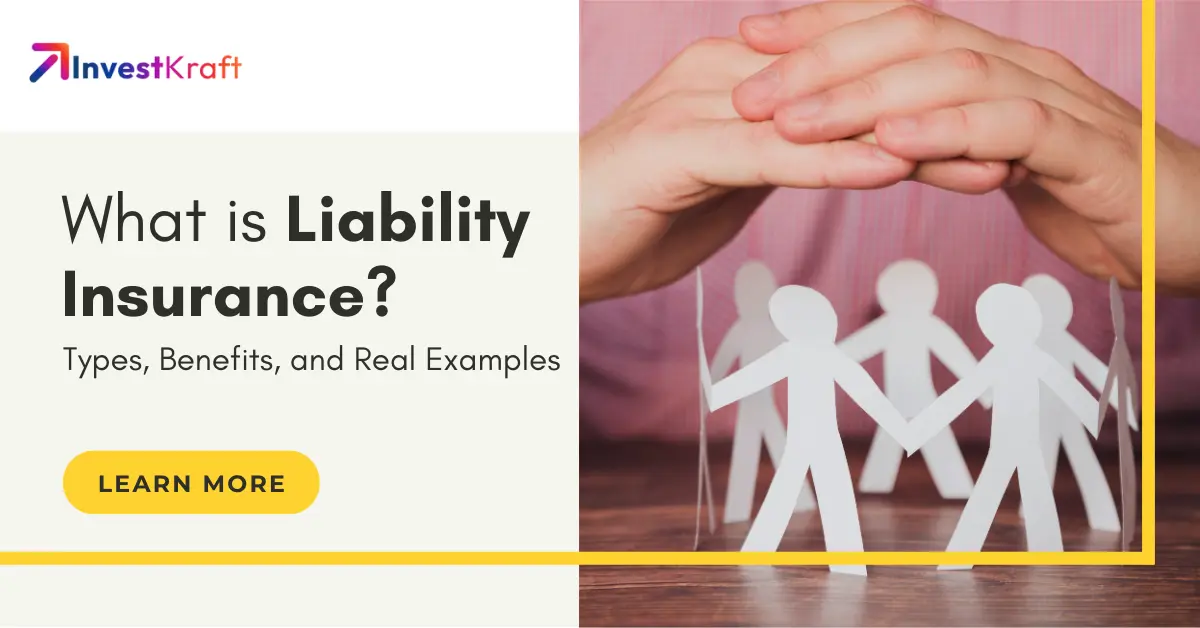
In today's dynamic business environment, unforeseen circumstances can arise, potentially leading to financial losses. Liability insurance is a vital shield, protecting your business from legal and financial repercussions arising from third-party claims of bodily injury, property damage, or personal injury. So, liability insurance, along with other vital insurance products, is necessary.
In this guide, we’ll explore the importance of liability insurance, its types, benefits, and how you can secure the right policy for your needs.
What is Liability Insurance?
Liability insurance is a type of coverage designed to protect businesses and individuals from the risk of being held legally responsible for third-party claims. These claims could result from injuries, property damage, or negligence. Liability insurance ensures that the financial burden of these claims doesn’t disrupt your business operations.
Why is Liability Insurance Crucial for Your Business?
Liability insurance offers several advantages for businesses of all sizes:
- Financial Protection: Lawsuits can be expensive, involving legal fees, settlements, and judgments. Liability insurance safeguards your business assets by covering these costs, preventing financial strain and potential business closure.
- Peace of Mind: Operating a business involves inherent risks. Liability insurance provides peace of mind, allowing you to focus on core operations without constant worry about potential lawsuits.
- Enhanced Credibility: Possessing liability insurance can project a professional image and instill confidence in clients and partners, knowing your business is prepared to handle unforeseen situations.
- Compliance with Contracts: Many contracts with vendors, landlords, or event venues mandate liability insurance coverage. Having this insurance ensures you meet contractual obligations and avoid disruptions.
Which are the Types of Liability Insurance to Consider?
Several liability insurance options cater to specific business needs:
- Commercial General Liability (CGL): This comprehensive policy covers both general liability and products and completed operations, making it a popular choice for many businesses.
- Professional Liability (Errors and Omissions - E&O): This insurance protects professionals like consultants, architects, or engineers from claims of negligence leading to financial losses for their clients.
- Product Liability: This coverage specifically addresses claims arising from defective products causing bodily injury or property damage.
- Directors and Officers (D&O) Liability: This insurance shields directors and officers from personal liability for alleged mismanagement or wrongdoings within the organization.
How Liability Insurance Works: A Real-Life Example
Here is an example of a fictional incident in a Delhi-based commercial mall involving Liability Insurance in India:
On a sunny afternoon in August, Mr. Sharma, a middle-aged businessman and the sole breadwinner for his family, was visiting "The Grand Emporium," a popular shopping mall in South Delhi. While browsing through the latest electronic gadgets at "TechZone," a prominent store within the mall, he slipped on a patch of water near the display counter. The water, apparently from a leaking air conditioner unit, had not been properly cleaned up, leaving a slippery surface.
The fall resulted in a severe fracture of Mr. Sharma's right leg. He was immediately rushed to the nearest hospital, where he underwent surgery and was subsequently confined to bed for several weeks. The unforeseen medical expenses, coupled with the loss of income due to his inability to work, created immense financial and emotional stress for the Sharma family.
Solution:
TechZone, recognizing its responsibility for the incident, promptly offered to cover Mr. Sharma's medical expenses. However, the store owner, Mr. Kapoor, was concerned about the potential financial burden and the impact on his business. He had recently taken out a comprehensive Liability Insurance policy from a reputed insurance company.
When the insurance claim was filed, the insurance company thoroughly investigated the incident. After verifying the facts and assessing the damages, they approved the claim. The insurance company reimbursed TechZone for all the medical expenses incurred by Mr. Sharma, including hospitalization costs, surgery fees, and rehabilitation expenses.
Benefits of Liability Insurance:
This incident highlights the important role of Liability Insurance in mitigating the financial risks associated with unforeseen accidents. By having the insurance coverage in place, Mr. Kapoor was able to:
- Fulfill his moral and legal obligations: He could ensure that Mr. Sharma received the necessary medical care without facing undue financial hardship.
- Protect his business: The insurance coverage shielded his business from potential lawsuits and significant financial losses that could have resulted from the incident.
- Maintain peace of mind: The knowledge that he was protected by insurance provided him with much-needed peace of mind and allowed him to focus on his business operations.
Note: This is a fictional scenario for explanation purposes only. The specific terms and conditions of Liability Insurance policies may vary. It is advisable to consult with an insurance professional for personalized information and advice.
How to Choose the Right Liability Insurance Coverage?
The ideal liability insurance policy depends on your business's nature, size, and risk profile. Here are some factors to consider when selecting coverage:
- Industry: Certain industries inherently carry higher risks. Assess your industry's typical risks to determine the necessary coverage.
- Products or Services Offered: The type of products you sell or services you render influences the kind of liability insurance you need.
- Client Base: The nature of your clientele can impact your insurance needs. Businesses serving a high volume of customers may require broader coverage.
- Business Location: Consider local laws or regulations that might mandate specific liability insurance types.
Common Myths About Liability Insurance
Below are a few myths to learn about:
- Small Businesses Don’t Need It: Even small businesses face risks, such as slip-and-fall accidents or defamation claims. Liability insurance is crucial for businesses of all sizes.
- It’s Too Expensive: The cost of liability insurance is relatively small compared to the potential financial burden of a lawsuit. Many providers offer affordable plans for startups and individuals.
- Personal Insurance is Enough: Personal insurance policies, such as homeowner’s or auto insurance, often have limited liability coverage. Specialized liability insurance offers more comprehensive protection.
Real-Life Scenarios Where Liability Insurance Helps
Now let us discuss some scenarios associated with our daily life. It will help you understand the product easily.
Scenario 1: Slip-and-Fall Incident
A customer slips on a wet floor in your store and breaks their arm. General liability insurance covers their medical expenses and any legal fees if they sue.
Scenario 2: Defective Product Lawsuit
A consumer claims that your product caused them harm. Product liability insurance helps cover legal costs and potential settlements.
Scenario 3: Data Breach
A cyberattack compromises sensitive customer data. Cyber liability insurance covers notification costs, credit monitoring services, and legal fees.
How to Buy Liability Insurance?
Acquiring liability insurance is a simple process. Here's a general guideline:
- Contact a Licensed Insurance Agent or a broker like InvestKraft: An insurance agent can assess your business's needs and recommend suitable coverage options.
- Compare Quotes: Obtain quotes from multiple insurance providers to compare rates and coverage details.
- Review and Choose a Policy: Carefully review the policy wording, coverage limits, exclusions, and deductibles before selecting a plan.
- Remember: Liability insurance is an investment in your business's long-term security. By choosing the right coverage, you can safeguard your financial well-being and ensure your business thrives in the face of unexpected challenges.
Additional Tips for Businesses
- Regularly review your liability insurance coverage as your business grows or evolves.
- Maintain open communication with your insurance provider regarding any changes in your business operations.
- Implement risk management strategies to minimize potential liabilities within your business.
Concluding Thought
By following these guidelines and securing appropriate liability insurance, you can operate your business with greater confidence and resilience.
People in need also can take advantage of medical loans facilitated by several lenders in case of emergency. Visit InvestKraft to avail medical loans and other loans.
FAQs
Q1: What happens if I don't have liability insurance and a customer gets injured on my premises?
You could be held personally liable for medical expenses, legal fees, and any resulting damages. This could significantly impact your finances and potentially bankrupt your business.
Q2: Does liability insurance cover employee injuries?
Generally, no. Employee injuries are typically covered by workers' compensation insurance, a separate type of coverage.
Q3: What are some common exclusions in liability insurance policies?
Common exclusions may include intentional acts, acts of war, nuclear accidents, and damage caused by mold or pollution. It's crucial to carefully review the policy wording to understand any exclusions.
Q4. How often should I review my liability insurance policy?
It's recommended to review your policy annually, or whenever significant changes occur within your business, such as expanding operations, acquiring new equipment, or moving to a new location.
Q5. Can I get liability insurance if I have a history of claims?
Yes, you can still obtain liability insurance, but it may be more expensive or have higher deductibles.
Q6. What is the difference between general liability and professional liability insurance?
General liability covers bodily injury and property damage to third parties, while professional liability (E&O) protects professionals from claims of negligence that result in financial losses for their clients.
Q7. Does liability insurance cover damage to my property?
No, liability insurance primarily covers damage to third parties. You would need separate property insurance to cover damage to your property.
Q8. How can I reduce my liability risk?
Implement safety measures, maintain proper documentation, conduct regular safety inspections, and provide adequate training to your employees.
Q9. Can I get liability insurance for my home-based business?
Yes, you can typically obtain liability insurance for a home-based business. However, it's essential to inform your insurer about the nature and scope of your business operations.
Q10. What happens if I file a false claim on my liability insurance?
Filing a false claim can have serious consequences, including policy cancellation, denial of future claims, and even potential legal repercussions.

Author: Rajesh Mishra
Rajesh Mishra is a professional and multilingual writer with over 12+ years of versatile experience in content writing.
He has crafted compelling narratives across a diverse array of industries, including BFSI, fintech, IT, pharmaceuticals, e-commerce, education, fashion, and more. He is a commerce graduate from Mumbai University. His strong academic foundation and passion for storytelling enable him to engage audiences and deliver impactful content.
He is adept at transforming complex concepts into clear, relatable language, making his work accessible to both, industry professionals and everyday readers. He thrives in dynamic environments, leveraging his extensive knowledge to create articles, blogs, whitepapers, and marketing materials that resonate with target audiences. Driven by a commitment to excellence and a keen eye for detail, Rajesh Mishra continuously explores emerging trends and technologies, ensuring his content remains relevant and thought-provoking.







